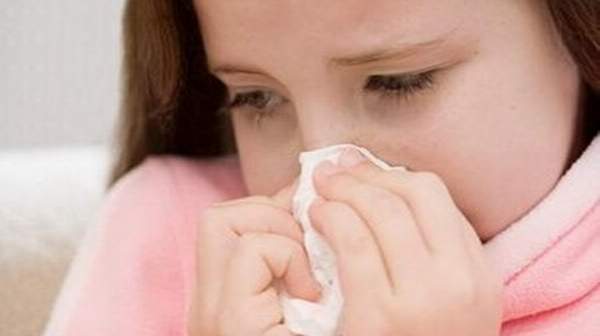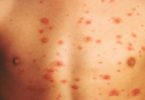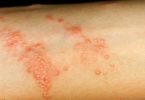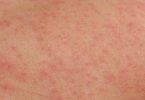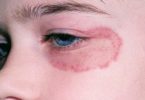What is Allergies?
Allergies are among the most common chronic conditions worldwide. Allergy symptoms of allergies range from making you miserable to putting you at risk for life-threatening reactions.
According to the leading experts in allergy, an allergic reaction begins in the immune system. Our immune system protects us from invading organisms that can cause illness. If you have an allergy, your immune system mistakes an otherwise harmless substance as an invader. This substance is called an allergen. The immune system overreacts to the allergen by producing Immunoglobulin E (IgE) antibodies. These antibodies travel to cells that release histamine and other chemicals, causing an allergic reaction.
Allergies will occur when your immune system reacts to a foreign substance such as pollen, bee venom or pet dander that doesn’t cause a reaction in most people.
Your immune system produces substances known as antibodies. Some known antibodies can protect you from unwanted invaders that could make you sick or cause infection.
When you have allergies, your immune system makes antibodies that identify a particular allergen as harmful, even though it isn’t. If you come into contact with the allergen, your immune system’s reaction can be inflame your skin, airways, sinuses or digestive system.
The severity of allergies varies from person to person and can range from minor irritation to anaphylaxis a potentially life-threatening emergency. While most of the allergies can not be cured, a number of treatments can help relieve your allergy symptoms.
Allergy symptoms include itchy eyes and skin, sneezing, nasal congestion, wheezing, and rash. Seasonal allergies result from grass, weed, tree pollen, or molds. Cat and dog dander allergies are common. Food allergies include peanut or milk.
An allergy is a reaction by your immune system to something that does not bother most other people. People who have allergies often are very sensitive to more than one thing.
The substances that often cause reactions are:
- Pollen
- Dust mites
- Mold spores
- Pet dander
- Food
- Insect stings
- Medicines
Normally, your immune system fights germs. It is your body’s only defense system. In the most allergic reactions, however, it’s responding to a fake alarm. Genes and the environment probably both play a role.
Allergies can cause a variety of symptoms such as a runny nose, itching, sneezing, swelling, rashes, or asthma. Allergies can range from minor to fatal. Anaphylaxis is a very severe reaction that can be life-threatening. Doctors run a skin and blood tests to diagnose allergies. This kind of treatments include medicines, allergy shots and offen avoiding the substances that trigger the reactions.
Food Allergies
Food Allergies and Food Intolerance Food allergies or food intolerances affect nearly everyone at some point. People often have an unpleasant reaction to something they ate and wonder if they have a food allergy.
- Milk Allergy If you suffer from a milk allergy, strictly avoiding milk and food containing milk and milk products is the only way to prevent a reaction, which can include immediate wheezing, vomiting, and hives.
- Egg Allergy Egg allergies – especially to egg whites are more common in children than in adults and reactions range from mild to severe.
- Wheat Allergy If you are allergic to any wheat protein strictly avoiding wheat and wheat products is the only way to prevent a reaction, which can include stomach upset, eczema, allergic rhinitis, bronchospasm (asthma-like symptoms) and even anaphylaxis.
- Nut (Peanut) Allergy If you suffer from a nut allergy, strictly avoiding nuts, including peanuts and tree nuts like cashews and walnuts, and food containing nuts is the only way to prevent a reaction.
- Fish Allergy If your doctor is able to identify exactly which type of fish causes your allergies, than you only need to eliminate that species of fish from your diet. For the majority of fish allergy sufferers, this is not an option and all fish must be avoided.
- Shellfish Allergy Learn about shellfish allergies and which foods to avoid.
- Sulfite Allergy Sulfites are a group of sulfur-based compounds that may occur naturally or may be added to food as an enhancer and preservative. The FDA estimates that one out of 100 people is sensitive to the compounds.
- Soy Allergy Soy allergies start with soybeans. Soybeans are legumes. Other foods in the legume family include navy beans, kidney beans, string beans, black beans, pinto beans, chickpeas (garbanzo or chichi beans), lentils, carob, licorice, and peanuts.
- Casein Allergy If a glass of milk or a slice of pizza causes swollen lips, hives, or other significant symptoms, you may have an allergy to casein, a protein in milk.
read more about Symtoms of Allergy

